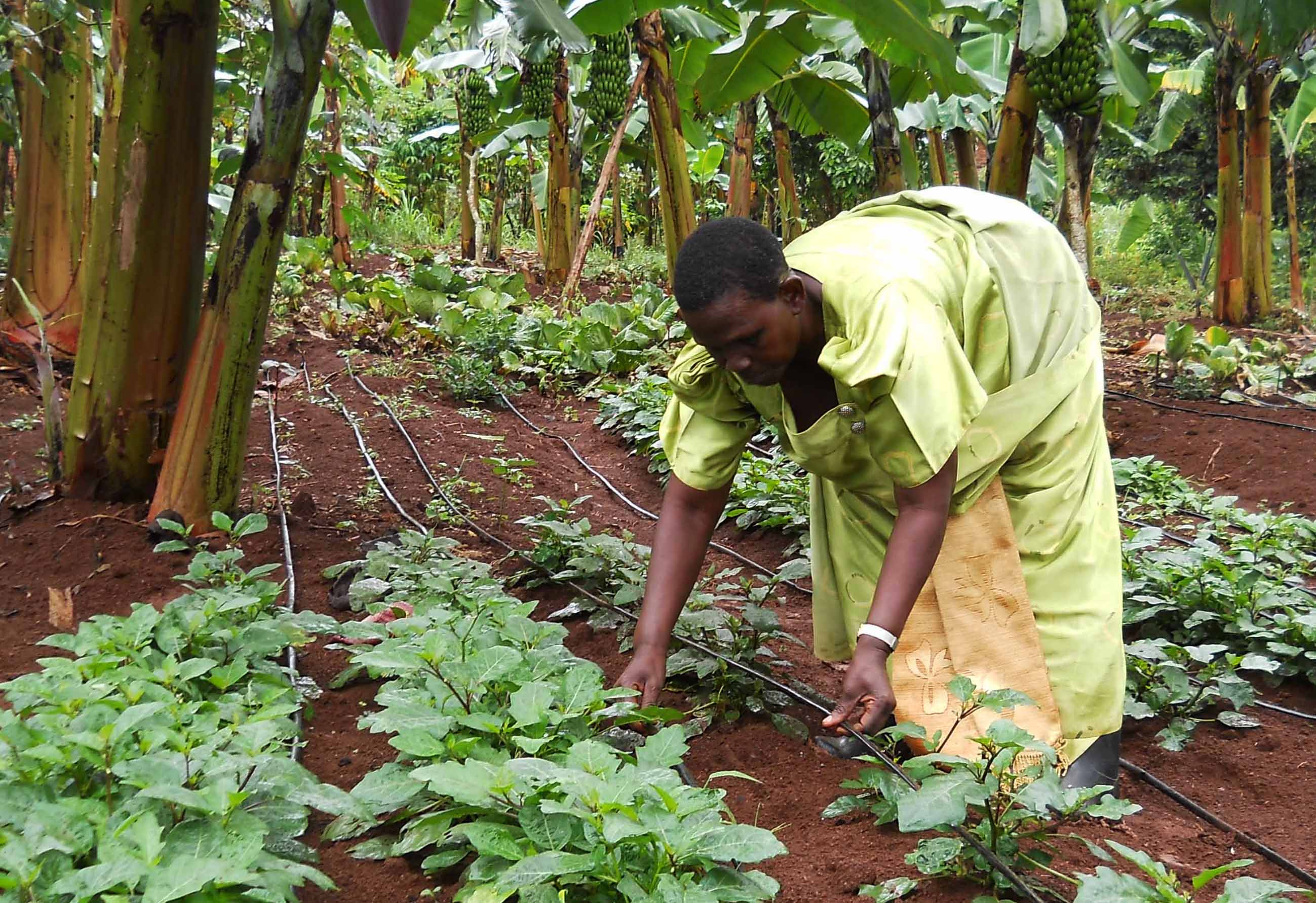Law forcing all homes to have food stores almost ready

United Nations has revealed that up to 783 million people around the world are living in hunger. Photo | FILE
What you need to know:
- The Bill follows minimum efforts by government in implementing policies that address the country’s food security.
Legislators under the Parliamentary Alliance on Food and Nutrition Security (UPA-FNS) are in advanced stages of drafting a legislation that would compel every household in Uganda to have food stores or granaries, Monitor has learnt.
In an interview at Parliament this afternoon, UPA-FNS lawmaker chairperson Milton Muwuma (Kigulu South MP) revealed that the law is meant to enhance food security.
“We have been having consultations with different stakeholders. What is left is that we need to consult with the cultural leaders. This is because we used to have granaries and it is these cultural leaders that used to manage these granaries but that has phased out,” Muwuma noted on Friday.
He added: “We are going to engage them on their stake about the Bill because we are going to make it mandatory. Even in the urban centers here, somebody must have a ration that is able to feed their family.”
According to him, the Bill follows minimum efforts by government in implementing policies that address the country’s food security.
The vice chairperson of the Parliamentary Committee on Agriculture, Linda Auma (Lira Woman MP) stated that they expect full support of the government once the Bill is tabled “since it has input of the various Ministries, Departments and Agencies (MDA).”
Kyegegwa lawmaker Flavia Kabahenda argued that food security should also incorporate the need to have a healthy population.
She added: “We are saying that it is easier to build strong children than to repair broken men and women. So all of us need this food. It is a social protection tool. Therefore, ministry of Finance needs to prepare a mandatory finance system that will ensure that the people of Uganda are feeding well.”
Asked to comment on the planned legislation, the Consortium Coordinator at Right2Grow, Gerald Kato, demanded that government erects effective measures to arrest food loss in the country.
"The government should develop and enforce policies and regulations to reduce food loss and waste throughout the supply chain, from production to consumption," Kato observed.
He added that: "The government should invest in irrigation infrastructure and drought-resistant crop varieties to mitigate the impact of climate change on water availability and implement comprehensive water resource management facilities to ensure efficient access to clean water."
In a report launched on July 12, the United Nations State of Food Security and Nutrition in the World revealed that food insecurity has a heavier toll on women than men in every region across the globe.
In May this year, the 2022 Human Rights and Freedoms reports showed that the Karamoja sub region in Northeastern Uganda registered high levels of deaths due to hunger. In the same report, it was stated that up to 1,676 people died in Kotido District, 225 in Kaabong District and 116 hunger related fatalities Moroto District.



